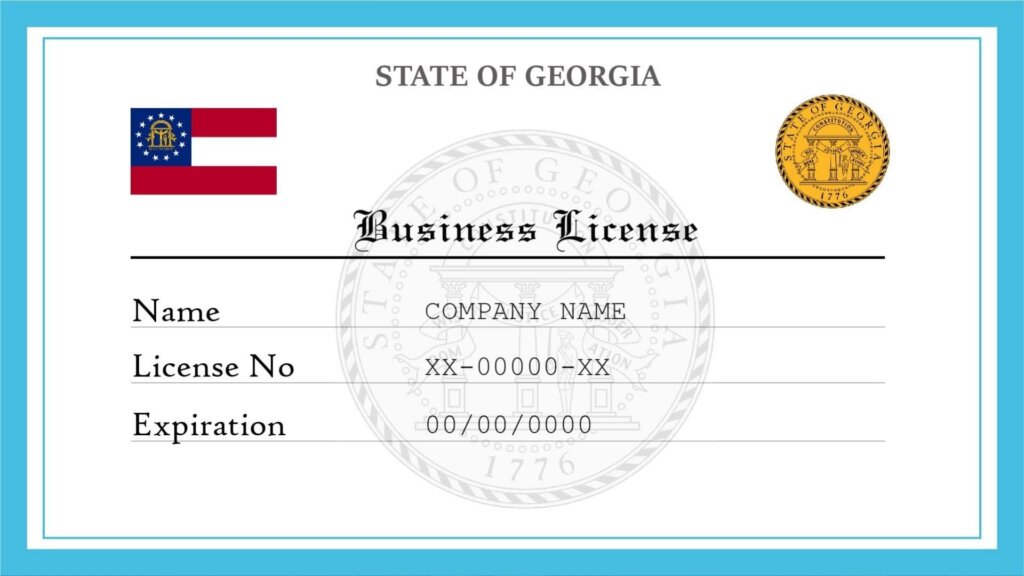
Many businesses must register and pay various types of taxes in Georgia. This is true at both the state and local levels. For example, home inspectors, day care centers and salvage yards require a license from the state. Depending on the type of business, you may have to obtain multiple types of tax ID numbers or permits. Moreover, you might need to file one-off or periodic fees for your business. These fees can include sales, self-employment and payroll taxes.
Another important step is obtaining an Employer Identification Number (EIN), which functions like a Social Security number for a business. This nine-digit number helps state and federal tax authorities identify your business. Additionally, it helps you open bank accounts and secure lines of credit for your business.
Lastly, you must choose a Georgia-registered agent who will receive legal notices and official correspondence for your business. You can find this information in the state’s Division of Corporations website. The registered agent can be a Georgia resident or a company authorized to do business in the state.

How Much Does It Cost to Register a Business in Georgia?
There are a number of different fees that may be associated with registering a business in Georgia. The most obvious is the cost of preparing and filing the Articles of Organization with the Secretary of State. In addition to this, many businesses will need to obtain various permits and licenses. These costs can vary widely and may include processing fees and recurring charges.
Depending on the entity type, obtaining an Employer Identification Number (EIN) from the IRS may be necessary. This is similar to a Social Security number and helps identify the entity for tax purposes. Moreover, some entities may require registration for one or more specific taxes, which will include local, county and state fees.
Another fee to consider is the cost of appointing a registered agent. A registered agent is a person or company who receives service of process and other official correspondence on behalf of the entity. Although it is possible for an LLC to act as its own registered agent, most business owners choose to hire a professional registered agent service. This can cost between $100 and $300 per year, but these services also offer other valuable business services.